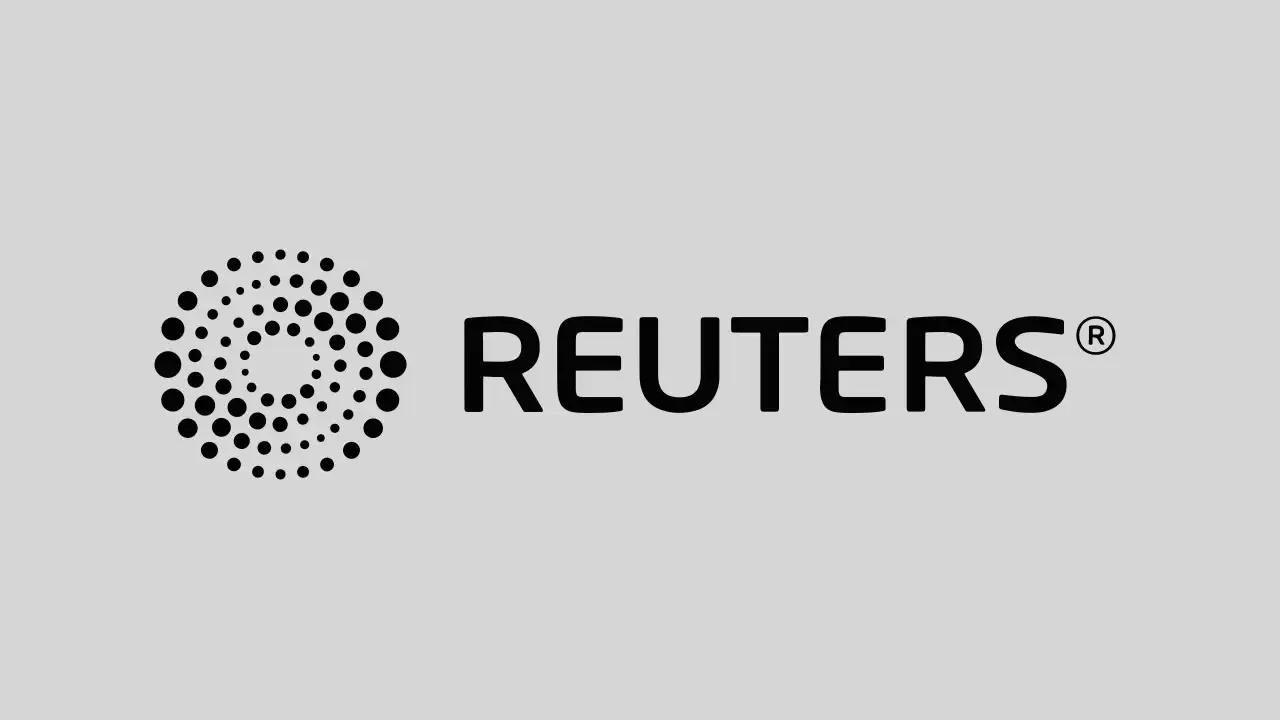NEW YORK, Nov 6 (Reuters) - Cleveland Federal Reserve President Beth Hammack said on Thursday she does not think the U.S. central bank needs to raise interest rates to combat inflation pressures she considers too high, while acknowledging how that view might change.
Despite where inflation is, moving rates up is "not my base case right now," Hammack said in a Reuters interview after a speech in which she reiterated her view that the Fed needs to keep monetary policy a touch tight to balance getting inflation down amid some softness in the jobs market.
"I'd like to be on the restrictive side of neutral," Hammack said, "given all the risks that I see, the pressure that we have on inflation, which is still too high and trending in the wrong direction, and the emerging signs of softening that we see in the labor market."
She laid out what could change her views on interest rate policy.
"If we saw that the labor market was healthier than where I see it, if the payroll numbers are not indicative of cooling, but just the change in immigration flows, that might shift my viewpoint," she said. "And if inflation continues to persist at these elevated levels, not coming down, then it might mean that we would need to raise rates in that eventuality."
Hammack, who does not have a vote on the rate-setting Federal Open Market Committee, has been one of the central bank's most hawkish members. She said in remarks last week that she opposed the Fed's recent move to cut its benchmark interest rate by a quarter of a percentage point to the 3.75%-4.00% range.
While the Fed remains concerned about elevated inflation pressures, it eased the cost of short-term borrowing to help support a job market that's shown signs of weakness. Financial markets also expect the central bank to cut rates in December, though Fed Chair Jerome Powell told reporters last week that such a move was not assured.
The ongoing U.S. government shutdown has complicated matters for the Fed, depriving its policymakers of top-tier economic data. Officials also have noted their two goals - keeping inflation stable and the job market as strong as possible - are somewhat at odds, forcing them to try to find a balance.
Hammack has said the greater miss has been on the inflation side of the Fed's dual mandate. In remarks to an Economic Club of New York event before her Reuters interview, she acknowledged challenges in hiring but said she did not at this time "put high odds on a labor market downturn."
She explained how the job market could bring her closer to the outlook shared by many of her fellow policymakers.
"If we saw more significant weakening in the labor market, that would probably lead me to believe that we weren't as restrictive as I thought we were, and that we probably needed to ease into it a bit more," she said. "I'm not seeing those signs right now," said Hammack, who noted that business contacts have told her they are seeing a low-hiring, low-firing environment.
Reporting by Michael S. Derby; Editing by Paul Simao
